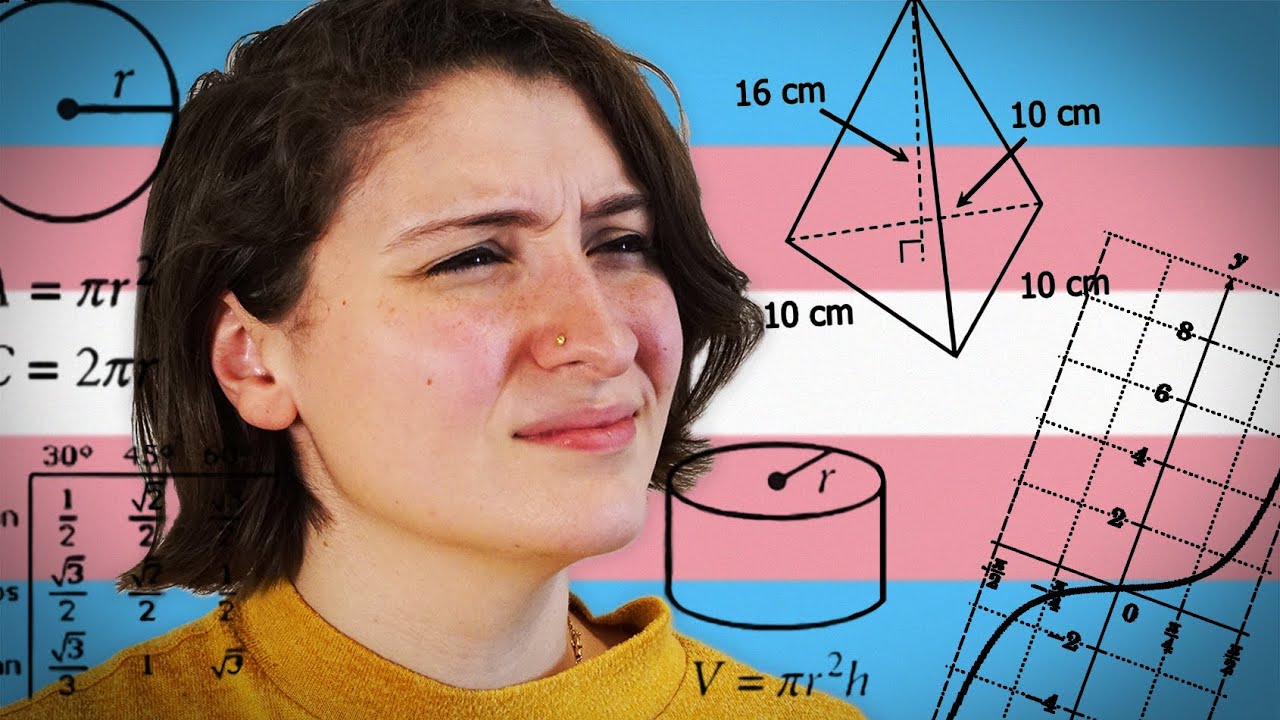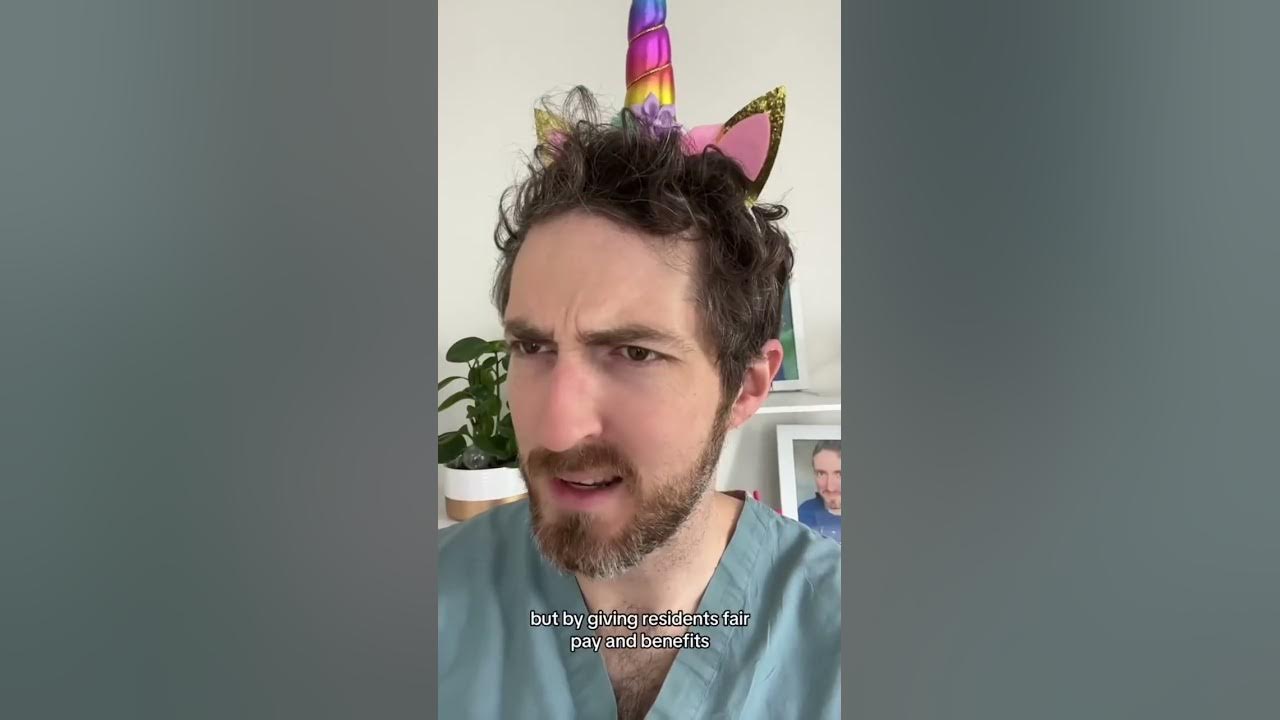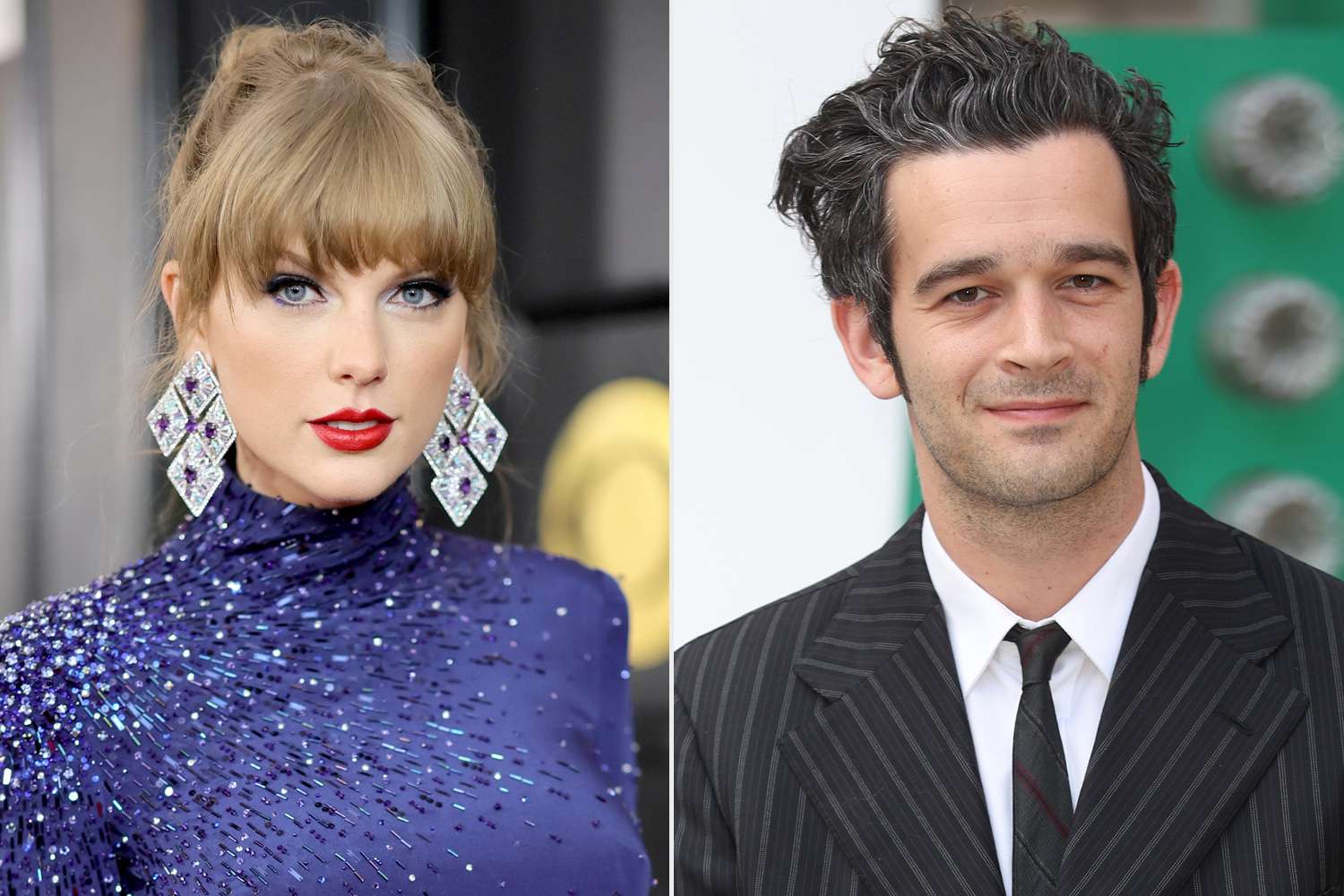I don’t think true AI is anywhere close. It’s still very much stuck in philosophy. The latest wave of Large Language Models are already disrupting some markets, though. And they are distinctly capitalist.
Changeling [it/its]
I swing violently between whimsical and cynical. This bio should suffice for both.
- 54 Posts
- 1.22K Comments

 ·2 years ago
·2 years agoThat was Reddit. Related to


 ·2 years ago
·2 years agoGlad to hear you get a bit of refuge here, comrade

 ·2 years ago
·2 years agoOur wreckers used to complain all the time about the admins being anti-white. Gotta love it.

 ·2 years ago
·2 years agoUnfortunately, we drove off a lot of PoC users before we could have a proper reckoning on that. I think most of us would acknowledge that the site skews extremely white and western and is a shittier experience for some people as a result. That doesn’t mean a few folks won’t lose their shit at the mention of the topic, though.

 ·2 years ago
·2 years agoThis has been brought up before and a few regulars have piped up. There are, indeed, cis women on the internet. /lh
Cybernetic socialism has major potential imo. I’ll check it out
I’ve been complaining about where I live and considering moving north but making no effort towards making it happen for years now. Seems pretty southern to me.
Realizing that my state is going to receive an influx of genocidal conservatives in the near future
Attraction and attachment are actually very complicated and people’s experiences with them are diverse, so it’s not a bad idea to describe your experiences.
I’m gonna hide a long post behind a spoiler, but wanna directly answer your question first.
Yes, it varies from person to person. Most people don’t talk about it as if it varies, but it does. I consider a crush to be sustained romantic attraction for a person you’re not partnered with.
I experience the same “crush” feeling for my long-term partner, but it would be weird to refer to it that way, because society is allo-centric and just calls that love (it also calls a bunch of other stuff love). It’s just romantic attraction, which can feel different between people, but for me is kind of a fluttering warmth in my tummy that makes me wanna smile. Feels similar to admiration.
Some people experience that very strongly very quickly. Others need to establish attachment first. Some people experience it fleetingly. For others it’s overwhelming and constant, even after a long period of time.
long post
spoiler
I see attraction through two lenses:
- biological model—scientific view of systems in the brain
- dual attraction model—language developed by aromantic and asexual people to describe their experiences
There’s overlap between the two, but you can imagine science hasn’t exactly caught up on accounting for the experiences of aromantic/asexual people. The science is paraphrased and I don’t have any relevant qualifications, so if you wanna know more about that, this is more of a jumping off point than a definitive guide.
biological model
There are systems in the brain for physical (sexual) attraction, arousal, romantic love, and attachment. In most people:
- arousal and romantic love are easy to trigger quickly and without much or any attachment
- arousal is easier to trigger than romantic love
- romantic love is easier to sustain than arousal
- physical attraction primes arousal and romantic love to be easier to trigger
- attachment can affect the other systems, but the association isn’t strictly necessary in either direction
the dual attraction model
There many kinds of attraction:
- sexual attraction
- romantic attraction
- platonic attraction
- aesthetic attraction
When allo people (both alloromantic and allosexual) talk about being attracted to a (potential) partner, they typically mean sexual and romantic attraction, but do not differentiate between them.
There are lots of ways for people to be on the aromantic and/or asexual spectrums. Some people experience neither romantic nor sexual attraction. Some people can only experience one/both in specific circumstances (like being closely attached to someone).
There’s also the topic of sex repulsion. If you’re only attracted to one end of the gender spectrum, you may experience sexual repulsion at the idea of having sex with someone from the other end of the spectrum. Asexual people may experience that for everyone. Or they may experience it in specific circumstances or at differing intensities. It’s worth noting that people’s reasons for having sex are incredibly diverse and people may choose to partake or abstain independent or whether they’re sex repulsed or not. Similarly, there are plenty of aromantic people who have long term partners who they’re attached to and love. Feels like that should go without saying, but people are brainwormed.
Sounds like someone rage quit

 ·2 years ago
·2 years agoJust in case anyone was wondering, there’s a scientific consensus on holding kids back a grade. It’s typically unhelpful and often detrimental.
Also, a proper reading intervention for a kid who’s testing below grade level should be individualized and involve wholistic assessment, not just standardized test scores. The idea that you could actually summarize a single person’s reading ability in a single number, let along an entire population’s, is preposterous.
To be clear, Mississippi is actively raising an entire generation of people with learning disabilities who are being isolated from their peers and excluded from official statistics because their intelligence is “too low”. The vast majority of these kids could meet or exceed their peers with the proper assistance. For a lot of them, it’s not a capacity thing at all. The standard instructions methods just don’t work.
America, land of “fuck you I got mine”
I feel like if you’re hooked into political discourse enough, you can smell it every time a think tank adviser takes a shit. Some special interest group decided they wanted more people to believe in the war on drugs, and so they do.

 ·2 years ago
·2 years agoThis is the full quote, according to Parenti:
Left anticommunists remained studiously unimpressed by the dramatic gains won by masses of previously impoverished people under communism. Some were even scornful of such accomplishments. I recall how in Burlington Vermont, in 1971, the noted anticommunist anarchist, Murray Bookchin, derisively referred to my concern for “the poor little children who got fed under communism” (his words).
It’s literally a personal anecdote claimed by Parenti, so I don’t see that being corroborated.

 ·2 years ago
·2 years agoCis society is built on passively affirming people’s assigned gender. It’s built into everything from clothing to basic social norms to medical care.
I try so hard to compliment my children regularly about things that they’ve expressed value for. I complimented one of them today that they were drawing eyes “really rectangularly”. Do I value that? No. But it made them really excited.

 ·2 years ago
·2 years agoPotential explanations for this behavior:
- Confirmation bias
- The father is quicker to complement the daughter
- The mother is quicker to criticize the daughter
- The mother already knows how pretty the hair is because she was the one brushing it
- The mother was taking pictures of the process and seemed distracted
- The father participates in less care tasks (brushing hair can uncomfortable and boring and explaining why it’s necessary can be upsetting, so if the mother is taking on all that work, the father gets off the hook implicitly and doesn’t suffer the negative backlash)
- The father is normally the one who brushes her hair
- This behavior is modeled by the mother showing off her hair to the father
Note that none of these explanations involve the innate sexual preferences and desires of literal children
















“He is not a very good person.” -a major magazine article about Mike Pence